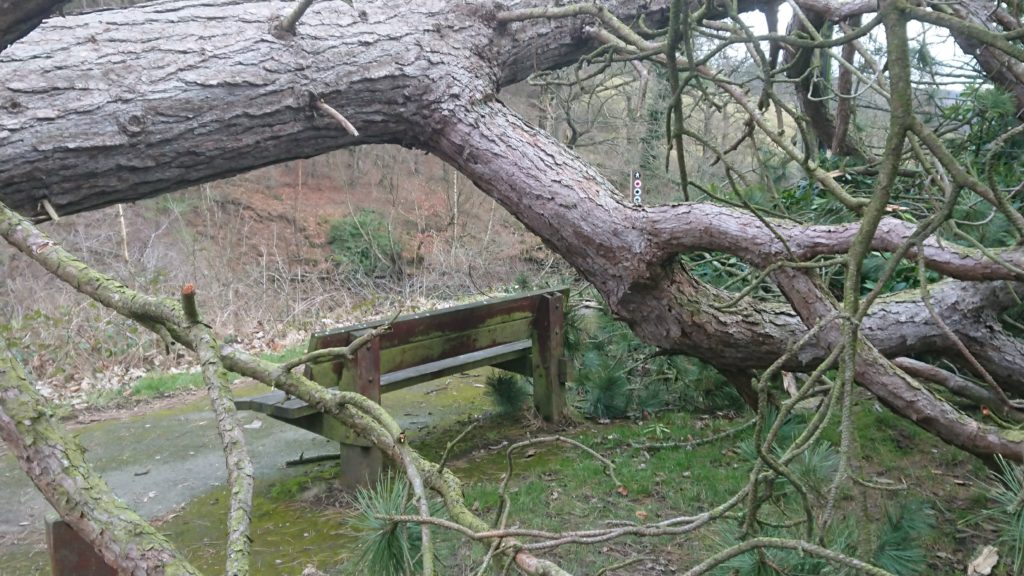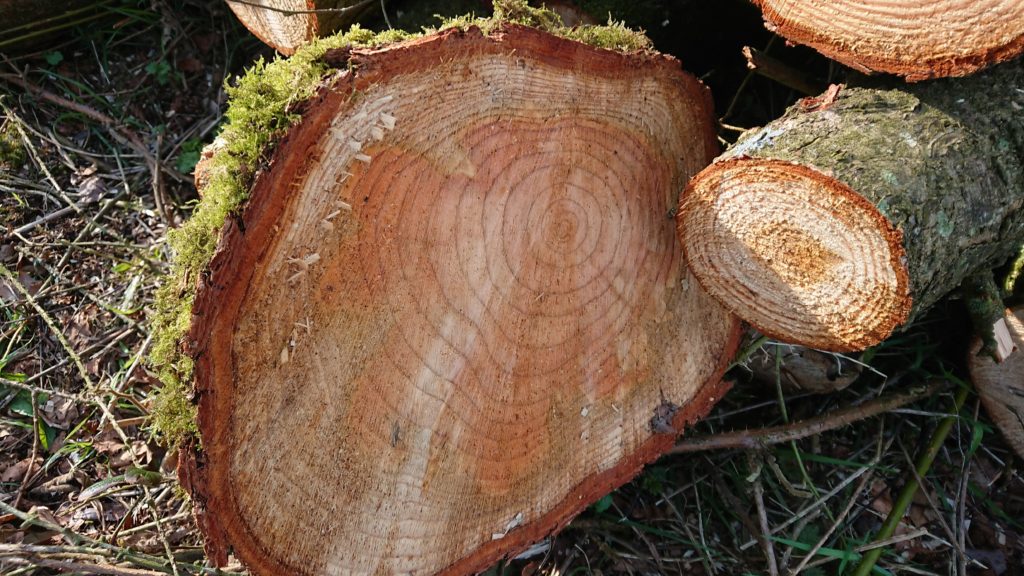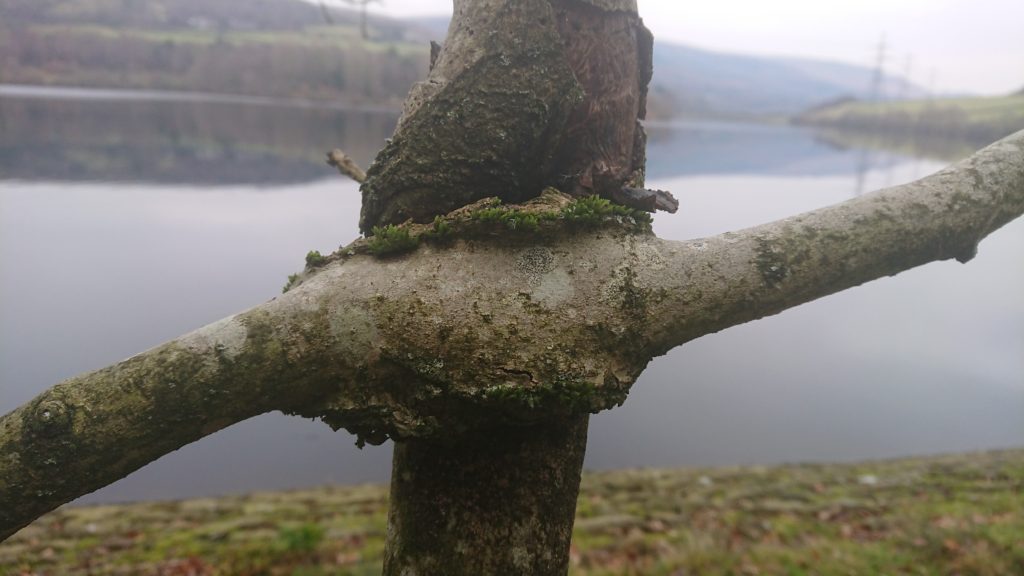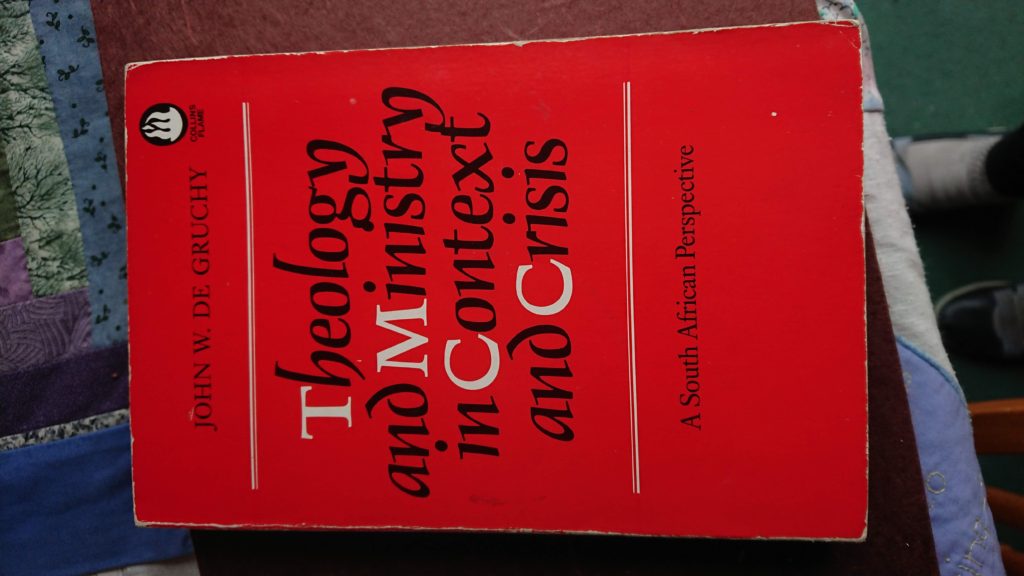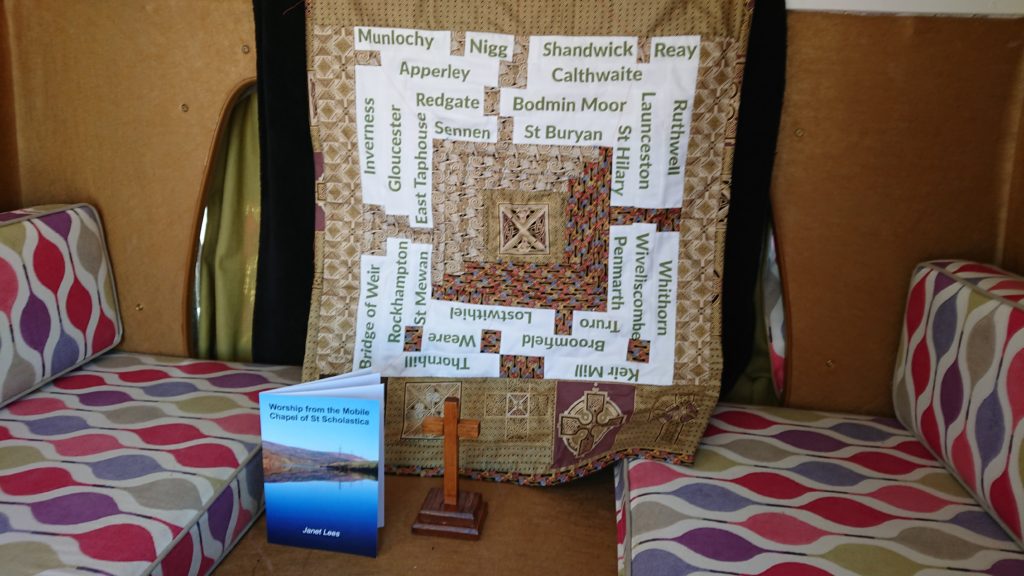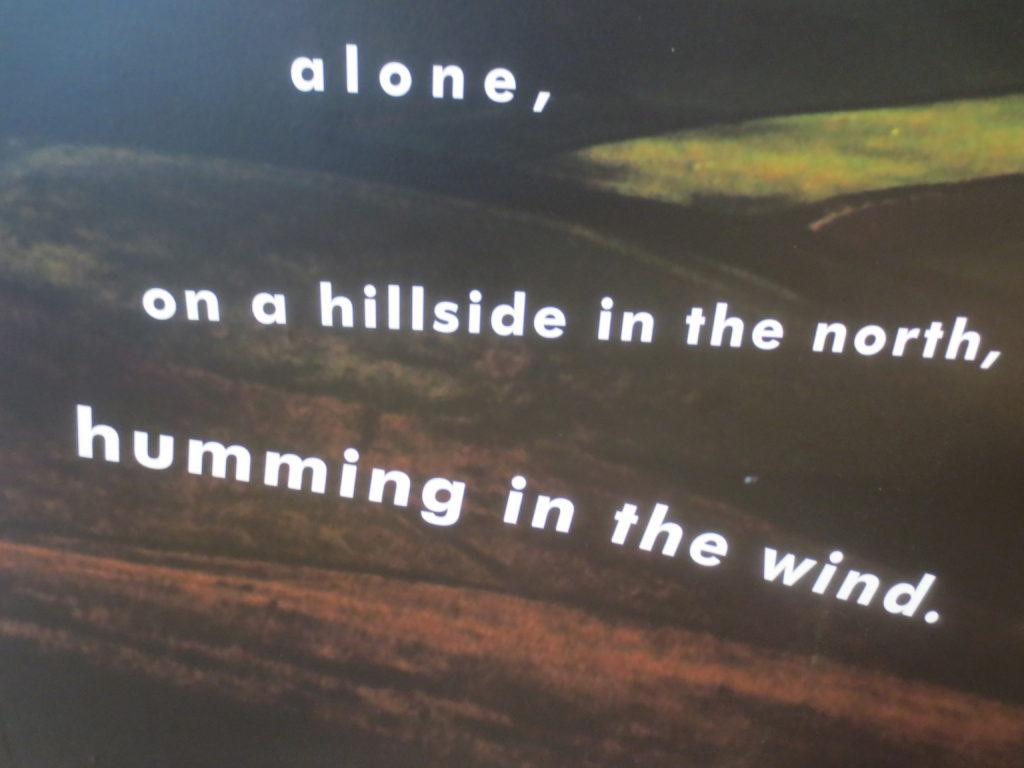Dear Benedict
This is called ‘Ordinary time’ but then time is itself ordinary. Now we call it Creation Time, although I’m not sure how much time we have for creation, or how much time creation has left for that matter.
I read about a creature from the deepest ocean, found by an exploration team, one never before seen by humans. It was bought up out of the depths and put in a jar. Dead of course. What if it was the only one?
In ordinary time in your Rule, the early morning worship gets a whole chapter 13 to itself. It’s proceeded by chapter 12 which is for Sundays. This morning I lay in bed and listened to the geese again. They flew past my window and made themselves known in their distinctive way, their calls sounding up and down the valley. They don’t know any numbered psalms, just their own. I’m not sure what an Ambrosian Hymn is (sounds like custard) but if it means sweet and musical every bird I know has a version.
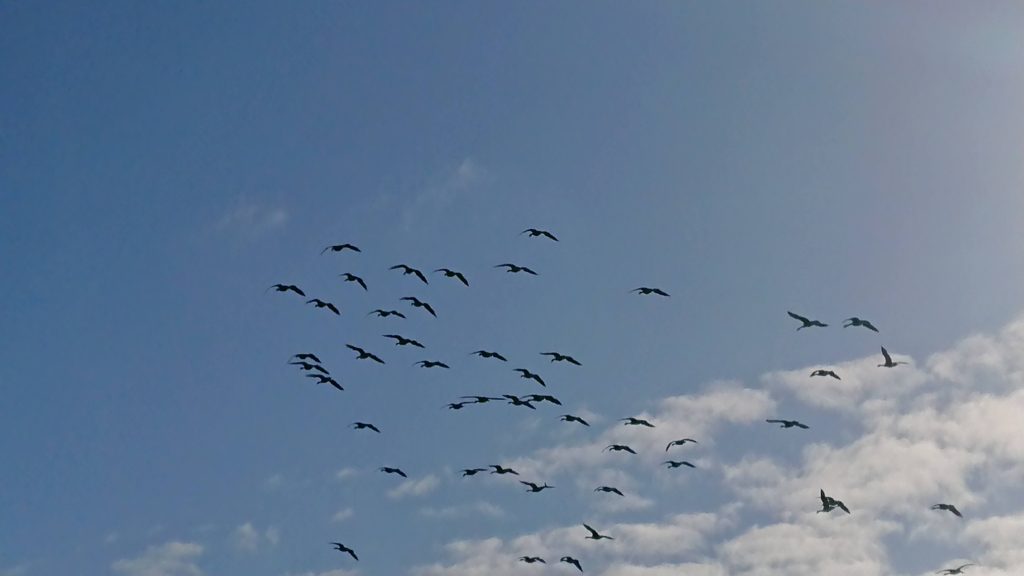
A group of wildlife watchers in the valley, message each other daily on the progress of creatures great and small, sometimes a rare one, sometimes a well ordered flock, sometimes good news, sometimes not so good. They keep alert.
The sun rises and sets, and the valley continues to be the holy space it is.

This morning my copy of your Rule fell apart when I picked it up. I’m not yet sure if this is a good sign or just carelessness.
For now I’ll listen to the geese.
From my remembered bible: Look at the birds…..
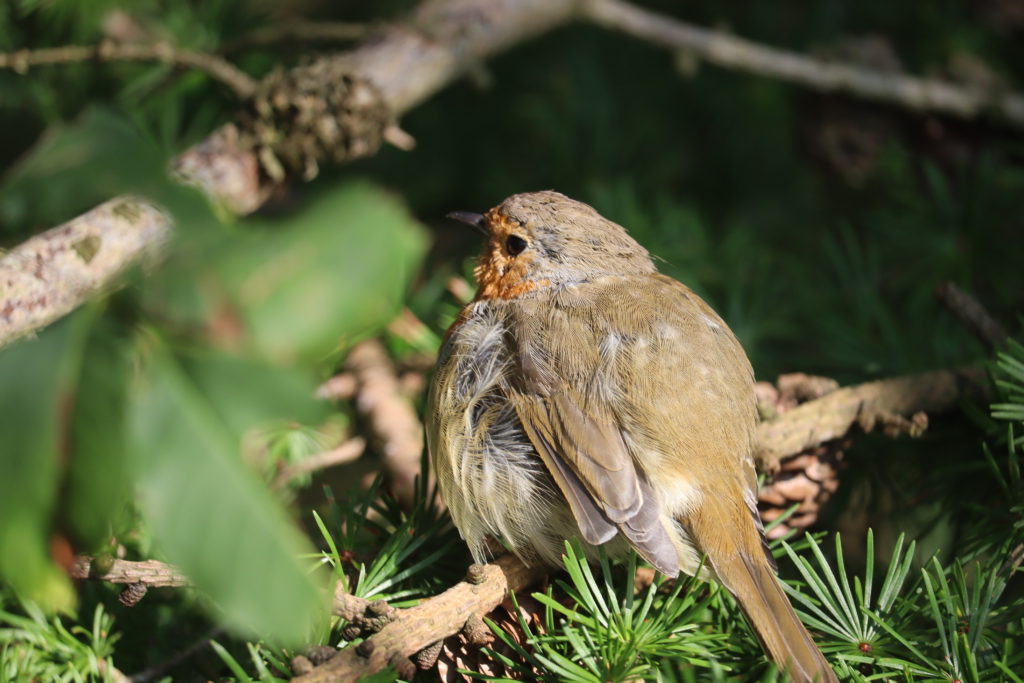
Your call comes with the birds. I am glad.
From a friend of Scholastica in Longdendale, 10th September 2023

